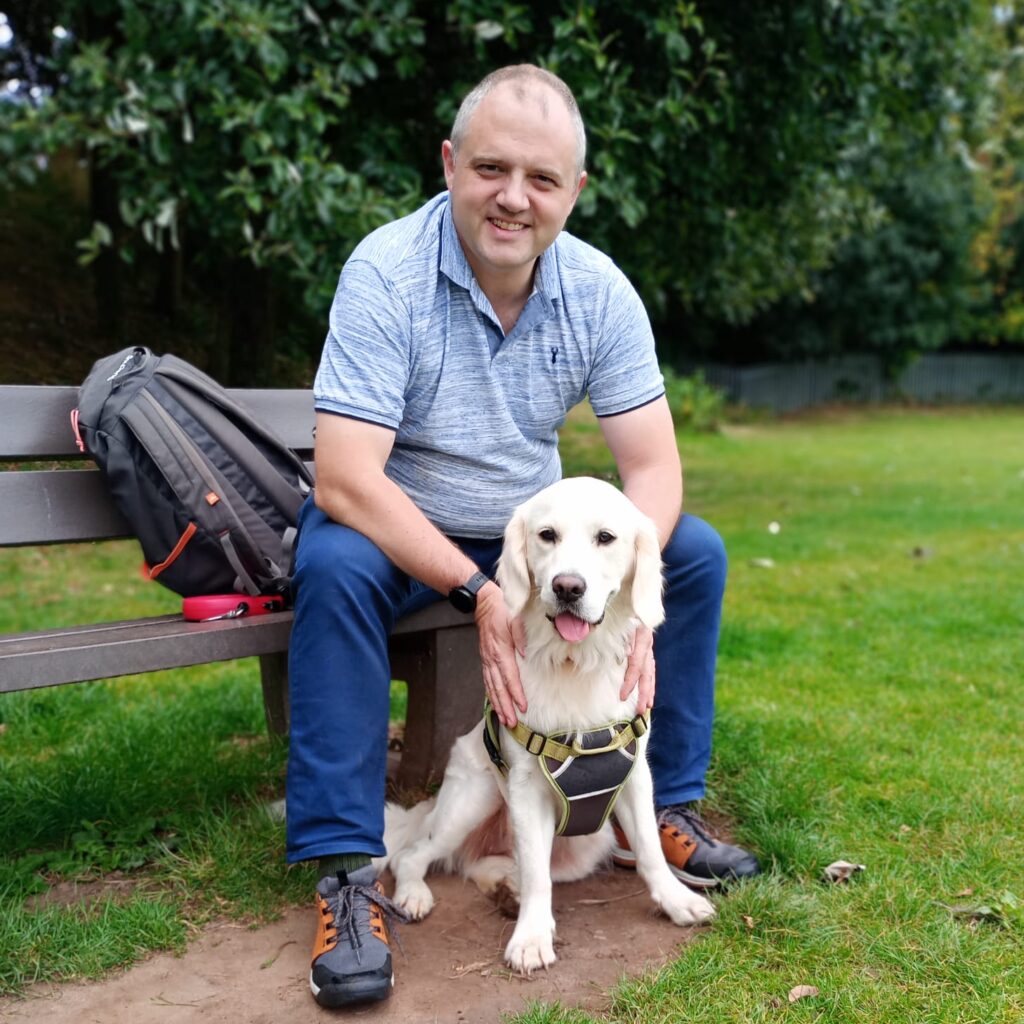Can We Cure Autism?
Autism has been in the news a lot recently, and I thought it would be helpful to look at a few of the claims.
This time – is it, or might it ever be, possible to cure autism?

And the answer is that it depends what you mean. In particular, there’s a disagreement over what autism is between the USA and the World Health Organization.
The US diagnostic framework (DSM-5) recognises three types of autism, imaginatively named Type 1, Type 2 and Type 3. The difference between them isn’t that they are caused by different things – it’s how much support the person needs. And that’s helpful when giving grants for support, but it’s unhelpful in that people can and do move between the different types of autism. It’s possible that a child who didn’t learn to speak through the normal route might get some support that really helps them, so they learn to speak, and that means they need less overall support, so change type.
It’s also unhelpful in that it says that the various disabilities that people might have are part of the autism.
I prefer the World Health Organization’s classification of autism (ICD-11). It categorizes autism by which, if any, other disorders are present. So there are five main categories for autism, depending on whether or not the person also has Disorders of Intellectual Development and impaired language skills.
That’s helpful because it makes things clearer. Some people are autistic, and also medically disabled. Statistically, the autism makes it more likely that they will be medically disabled, but autism in itself is not in itself a medical disability.
Autism on its own, without (other) disabilities, is part of the natural range of ways that people function. As far as we can tell, it has always been that way. Healthy societies need autistic people as well as neurotypical people – we’re the ones who point out when the emperor hasn’t got any clothes on, who stand up against the crowd when they follow a charismatic tyrant, who find unexpected solutions that other people wouldn’t have thought of.

Autism on its own isn’t a disability in healthy societies – healthy societies value their autistic members, which is why it isn’t such a problem in Amish communities, for example. But autism is a disability in our society, because our society is sick.
Healthy societies treat people as individuals, with our own set of strengths, weaknesses and preferences. Our society doesn’t – it often treats people like machine components who should all be similar and function broadly the same. That means that the people who work differently from the normal don’t fit in; we are disabled by society.
So, is it possible to cure autism?
It might well be possible to find a cure for some of the disabilities that are associated with autism, and that would be a good thing.
I very much doubt that it is either possible or desirable to cure autism per se. I think it’s part of the normal range of human function. What needs curing is the society that discriminates against and disabled autistic people.
There’s also the added threat that what people sometimes mean by “cure” is “eradicate everyone with”, as is the case in some countries with Down’s Syndrome. There isn’t a cure for Down’s – in some countries you don’t see children with Down’s because they are routinely killed as fetuses. And that’s more disturbing, and means that I am very wary of rhetoric around eradicating autism.
John Allister
John Allister is the vicar of St Jude’s Church in Nottingham, England.
He is autistic, and has degrees in Theology and Experimental & Theoretical Physics.



